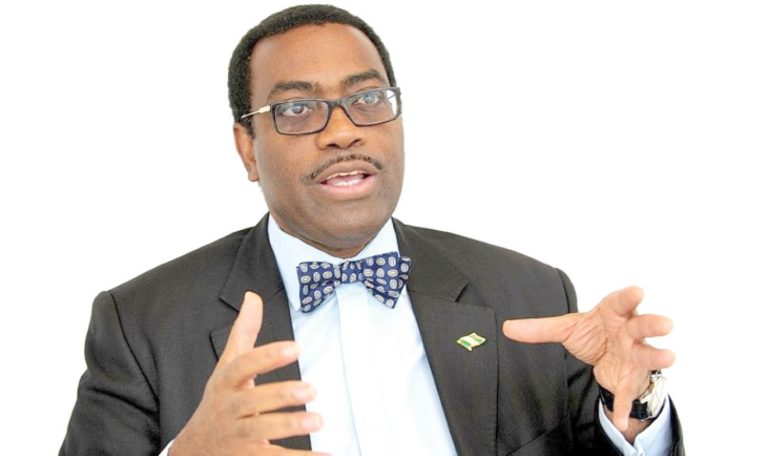According to Dr. Akinwumi Adeshina, a former president of the African Development Bank (AfDB), Nigerians are paying more for power since there are fewer companies on the national grid. Speaking yesterday in Abuja at the 20th anniversary of the Nigerian energy Regulatory Commission (NERC), Adeshina stated that in the majority of countries with round-the-clock energy supplies, 80 percent of consumers are commercial users and 20 percent are residential users.The opposite is true in Nigeria, where power utilities’ businesses depend on upscale neighborhoods to generate income, Adeshina, who was represented by Kola Adesina, Group Managing Director of Sahara Group, continued. Since most residential customers are stealing power and not paying for it, it is better if there are more business and industrial customers. Power availability and accessibility will increase with the number of industries, which will finally result in lower tariffs. But how are we attracting additional industries to Nigeria? What assurances are we putting in place to bring Nigeria’s energy use down to the lowest possible level?Additionally, he connected this to the reason why the country’s grid has not developed in tandem with its population growth. He claimed that because of the current circumstances, owners of generating facilities have refrained from making investments since they are unable to turn a profit. However, he said that the anticipated N4 trillion debt payment to the owners of the power plants will encourage interest in making investments in system development. According to Mathew Verghis, the Country Director of the World Bank, Nigeria has the world’s largest absolute gap in power availability. He claimed that since it was completely privatized in 2013, the private sector has suffered from inefficiency, significant losses, and a lack of investment.Nigeria yet has enormous growth potential, substantial energy resources, and an unrealized demographic dividend. Over 7.8 million Nigerians now have access to power in the last five years, which is a truly amazing accomplishment, thanks to NERC’s forward-thinking policies in the off-grid sector, which have sparked private sector investments in distributed renewable energy solutions. In carrying out its constitutional objectives, the commission has faced numerous obstacles and frequently criticism from stakeholders, according to Dr. Musiliu Oseni, the vice chairman of NERC. He said that in spite of the difficulties, the commission has accomplished a great deal in its twenty years of operation.

Posted insport




